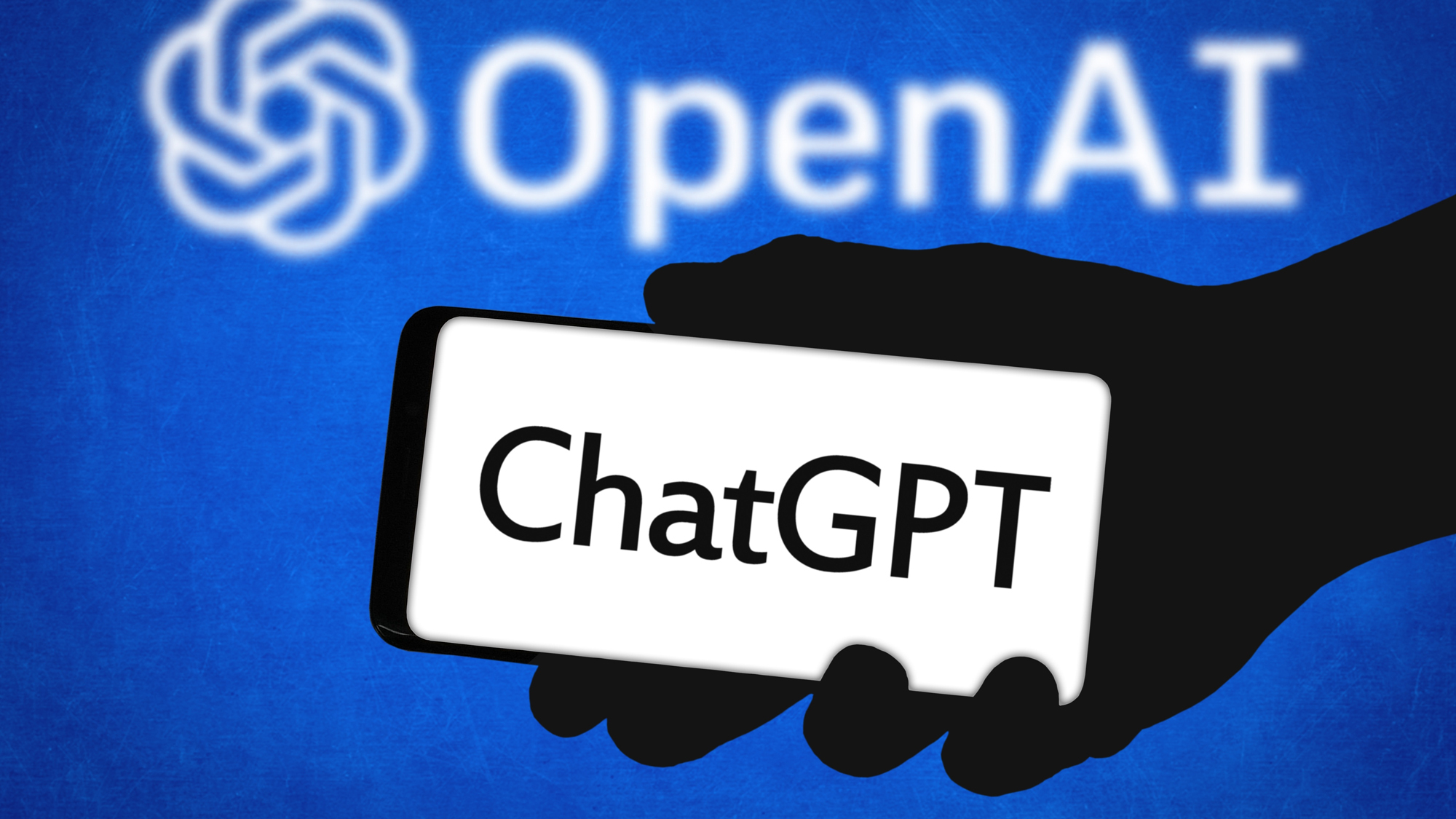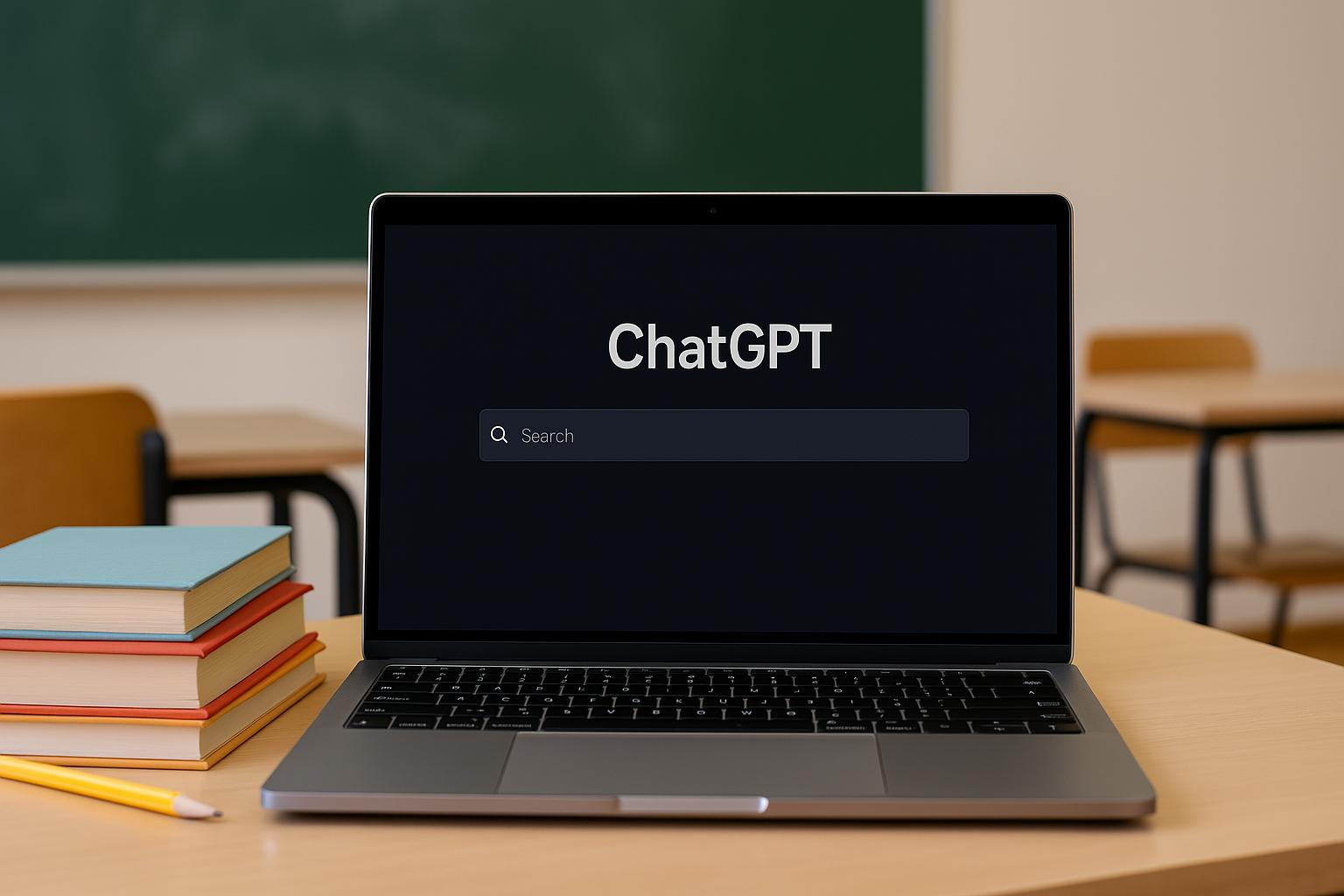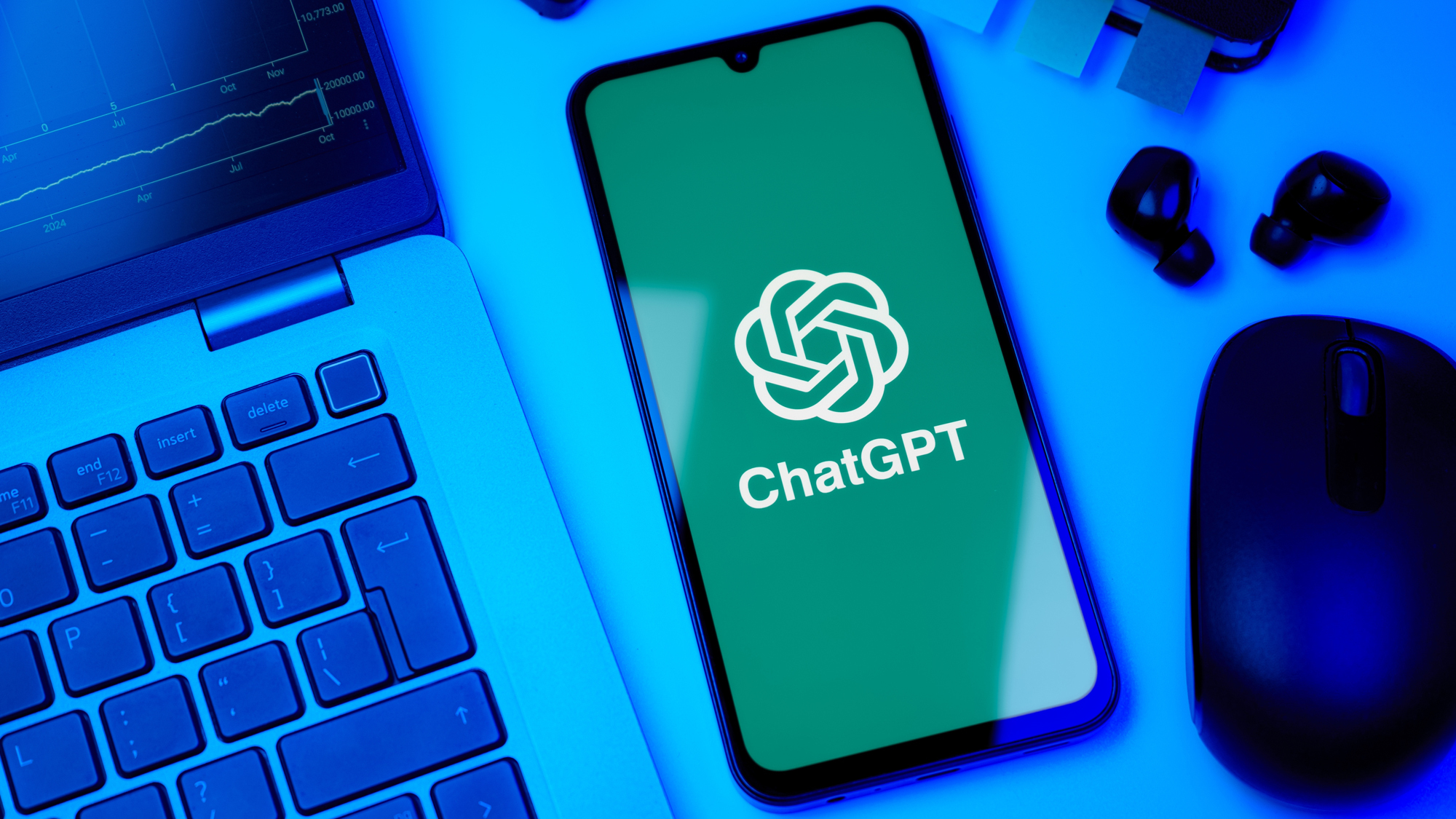Developer Offer
Try ImaginePro API with 50 Free Credits
Build and ship AI-powered visuals with Midjourney, Flux, and more — free credits refresh every month.
Unlock ChatGPTs Potential With These 8 Unusual Prompts

There are countless ways to interact with ChatGPT. While a straightforward question works, you can achieve more nuanced results by framing your prompts to align with the AI's algorithmic nature. Sometimes, the best approach is to think completely outside the box.
A recent discussion on the popular Reddit forum, ChatGPTPromptGenius, highlighted eight unconventional AI prompt hacks that might seem strange at first. However, testing reveals they are surprisingly effective. These prompts use phrases and concepts from everyday human conversation, encouraging ChatGPT to process information in a more relatable way, often leading to clearer and more humanized responses.
8 Creative Prompts to Try Now

These prompts, originally shared by Reddit user EQ4C, are designed to make the AI less of a know-it-all and more of a genuinely helpful partner. Here’s a breakdown of each one.
1. "I’m probably wrong, but..."
It feels counterintuitive to express uncertainty to a powerful AI, but starting your prompt this way encourages a deeper analysis of your problem. The reason this works is likely tied to ChatGPT's function as a problem-solver. A tentative statement signals to the AI that your premise isn't a hard fact, preventing it from building a response on a potentially flawed foundation. This is an excellent method for getting a softer, more helpful reply.
2. "Connect these dots for me"
This prompt turns ChatGPT into a creative analyst. Simply provide it with a few different facts or concepts, and it will work to find the relationship between them. For instance, the original user gave the example: “Connect these dots: I hate mornings, love puzzles, get energized by deadlines.” While it can be a fun exercise, it's also practical for projects where you need to find a central theme connecting multiple ideas.
3. "What's the 80/20 here?"
The 80/20 rule, or Pareto principle, states that roughly 80% of results come from 20% of the causes. Asking ChatGPT for the "80/20" of a topic helps it identify the most critical and impactful elements. This allows you to quickly see where to focus your energy for the greatest return, whether in business, studying, or personal productivity.
4. "Play devil's advocate against yourself"
This is a fantastic prompt for exploring any topic in depth. ChatGPT excels at debate, and you can instruct it to argue with itself. By asking it to play devil's advocate on a subject, you will receive a comprehensive analysis that explores the issue from both sides, providing a well-rounded and fully considered perspective.

5. "What story is the data telling?"
This is an obvious but powerful prompt for anyone struggling to make sense of complex data. It’s one thing to have the final numbers, but this prompt pushes ChatGPT to interpret what those numbers actually mean. It helps you understand the narrative and implications behind the data, which you can refine by asking, “What does the data tell me about [specific topic]?”
6. "Translate this into everyday language"
Have you ever encountered a block of text filled with jargon that went completely over your head? This prompt is the perfect solution. By asking ChatGPT to translate something into everyday language, it strips away the complicated terminology and convoluted ideas, presenting the information in a simple and easy-to-understand format.
7. "What's the counterintuitive move here?"
If you're tired of ChatGPT's predictable and obvious suggestions, this prompt forces it to think differently. It helps bypass the standard programming to generate an alternative approach to a problem. While not every idea will be a winner, it consistently provides an unconventional perspective that can spark creativity.
8. "What would I regret not knowing?"
Instead of just asking what you need to know, framing the question this way adds a sense of urgency and importance. Asking “What would I regret not knowing about [topic]?” focuses the AI on the long-term consequences and critical information. It’s a great way to ensure you're getting the most essential insights for any given situation.
Compare Plans & Pricing
Find the plan that matches your workload and unlock full access to ImaginePro.
| Plan | Price | Highlights |
|---|---|---|
| Standard | $8 / month |
|
| Premium | $20 / month |
|
Need custom terms? Talk to us to tailor credits, rate limits, or deployment options.
View All Pricing Details

